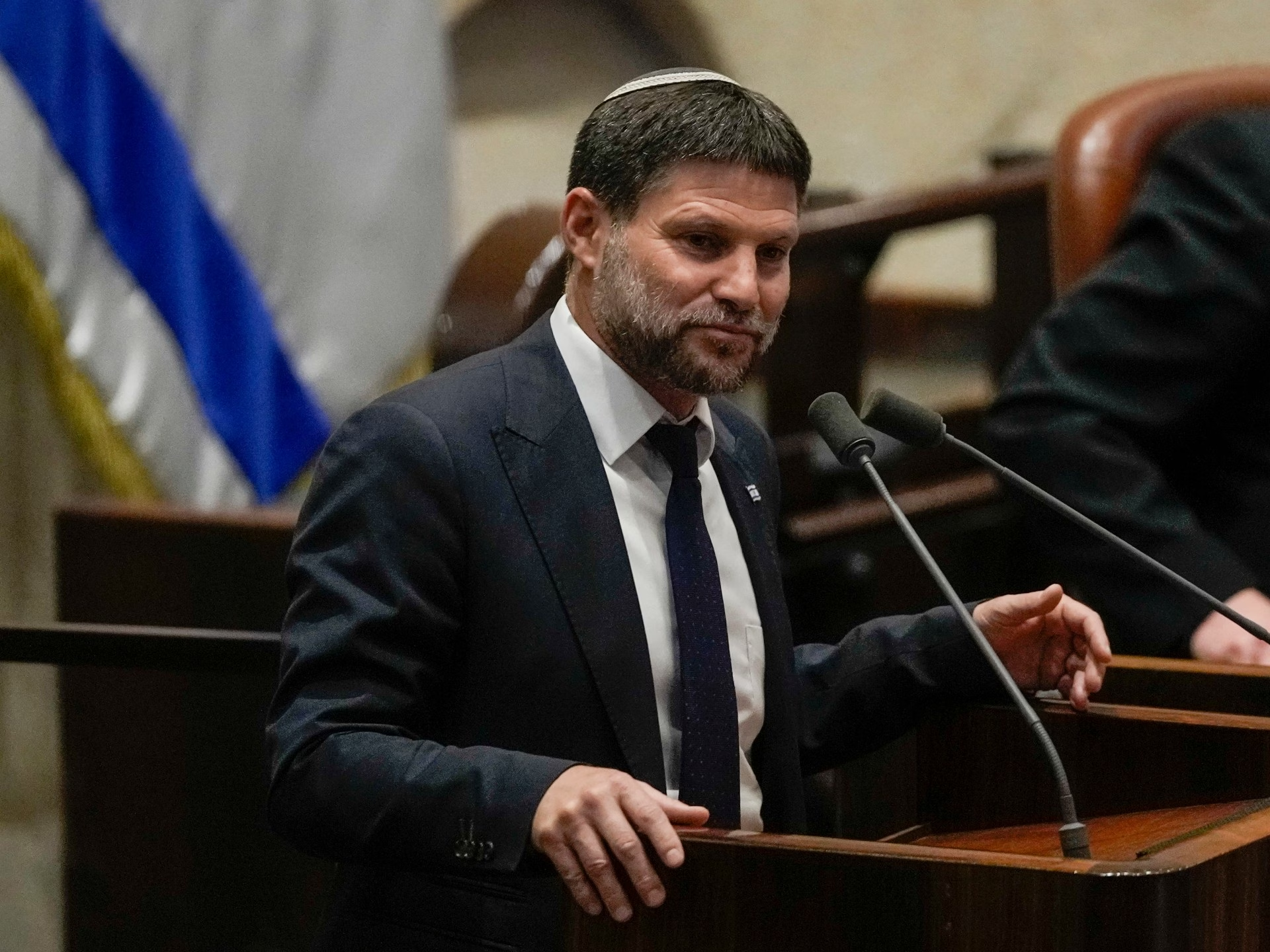India’s finance minister advocates for increased cooperation in cybersecurity and defense between the two nations.
India and Israel have formalized a bilateral investment accord aimed at expanding mutual commerce during the recent visit to the South Asian nation by Israel’s far-right Minister of Finance, Bezalel Smotrich, a visit that has seen India strengthen its ties with Israel under Hindu nationalist Prime Minister Narendra Modi.
The agreement, signed in New Delhi by Smotrich and India’s Minister of Corporate Affairs Nirmala Sitharaman, seeks to enhance trade and investment between the two countries. Sitharaman emphasized the necessity for greater collaboration in “cybersecurity, defense, innovation, and high-technology”.
The deal signifies “a crucial strategic advancement for our joint aspirations,” declared Smotrich, who has faced sanctions from several Western countries for his involvement with unlawful settlements in the occupied West Bank.
“The agreement signed today between Israel and India represents our economic growth, innovation, and mutual prosperity,” Smotrich stated on X.
“This agreement will open new investment opportunities in both countries, strengthen Israeli exports, and provide businesses with the confidence and means to expand into one of the world’s largest and fastest-growing markets,” added Smotrich.
India’s Ministry of Finance hailed the agreement as a “historic milestone,” noting it will encourage cooperation in “fintech innovation, infrastructure development, financial regulation, and digital payment connectivity”.
Although bilateral trade reached $3.9bn in 2024 and mutual investments amounted to approximately $800m, as per official data, the majority of trade between the two countries is concentrated in defense and security, with New Delhi serving as Israel’s primary weapons purchaser.
Last year, an Al Jazeera investigation exposed that Indian firms also supplied rockets and explosives to Israel during its conflict in Gaza.

The agreement coincides with New Delhi drawing closer to Israel, despite the latter facing mounting political isolation due to its actions in Gaza. India rapidly reached out to Israel following the October 7, 2023, Hamas-led attack on Israel, condemning it as “an act of terror”.
While India has cracked down on pro-Palestine demonstrations, sometimes criminalizing them, pro-Israel rallies have been permitted.
India maintains support for the two-state solution for resolving the Israel-Palestine conflict but has abstained from multiple United Nations resolutions critical of Israeli human rights abuses against Palestinians.
In 2024, India also abstained from a UN General Assembly vote advocating for an “immediate, unconditional, and permanent” ceasefire in Gaza.
Indians constitute the largest group of international students in Israel, while Israeli construction firms have sought authorization to hire up to 100,000 Indian workers to replace Palestinians whose work permits were revoked after Israel initiated its military campaign in Gaza in October 2023.
India has refrained from criticizing Israel’s engagement with Iran and declined to endorse the Shanghai Cooperation Organisation’s condemnation of Israeli strikes on Iran. Following the imposition of 50 percent tariffs on India by US President Donald Trump, New Delhi recently signed an SCO declaration condemning the US-Israeli bombing of Iran.
India has also stepped towards improving relations with rival China, marking a setback for longstanding US policies aiming to utilize New Delhi as a counterbalance to Beijing.
China and India should be partners, not rivals, Chinese President Xi Jinping conveyed to Modi on the sidelines of the SCO summit in Tianjin.








